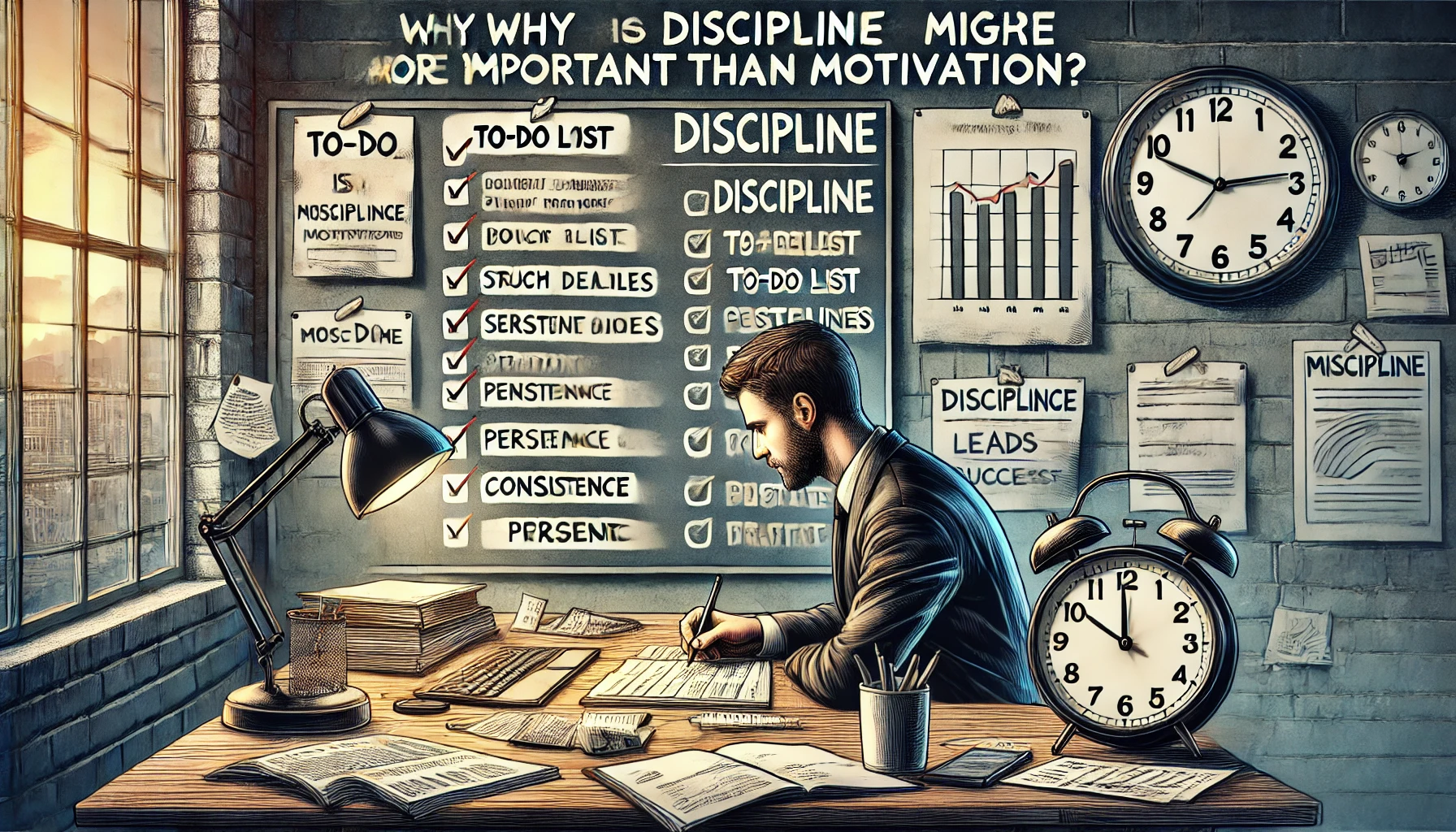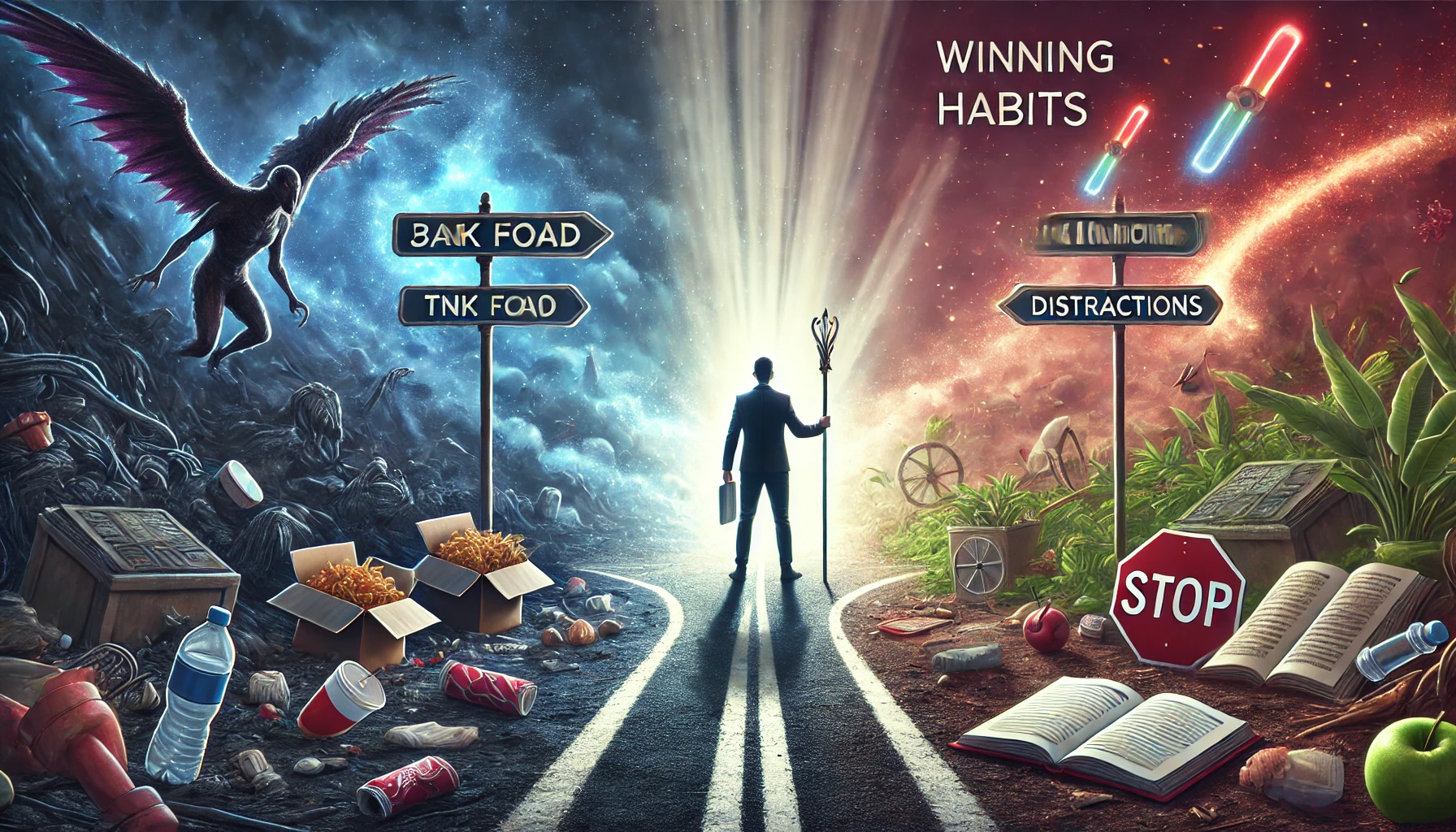Success isn’t just about talent. While natural ability can provide an advantage, it’s mental strength that determines whether a person reaches their full potential. The ability to persist through setbacks, stay disciplined, and keep improving is what separates high achievers from those who fall short.
Neuroscience and psychology confirm that mental strength—also called grit or resilience—plays a bigger role in long-term success than raw talent. This article explores why mental toughness matters more than talent and how you can train your mind to achieve greater success.
1. The Science Behind Mental Strength and Success
Talent is often viewed as an inborn trait, but research shows that persistence, resilience, and adaptability are stronger predictors of achievement.
Psychologist Angela Duckworth’s study on grit vs. intelligence found that people who kept pushing through challenges outperformed those with higher IQs but lower perseverance. The ability to stay committed to long-term goals was a stronger predictor of success than talent alone.
Key Differences Between Talent and Mental Strength
| Factor | Talent | Mental Strength |
|---|---|---|
| Definition | Natural ability in a specific area | The ability to push through challenges and setbacks |
| Predictability of Success | Helps in the beginning but doesn’t guarantee long-term success | Consistently linked to high achievement |
| Reaction to Failure | Can struggle when facing difficulties | Uses failure as a learning opportunity |
| Improvement Over Time | Limited if not developed | Can be trained and strengthened |
📌 Example: Many athletes with moderate talent but extreme mental toughness outperform naturally gifted competitors who lack discipline and resilience.
2. Why Mental Strength Outperforms Talent
✅ a) Talent Can Get You Started, But Mental Strength Keeps You Going
Natural talent may help a person learn faster or perform well early on, but without persistence, they won’t develop mastery. Mental strength allows people to keep improving, even when progress is slow or difficult.
How to Apply It:
- Focus on consistent effort over time, not just natural skill.
- Expect plateaus and setbacks, and commit to pushing through them.
- Train your ability to keep going even when motivation is low.
📌 Example: Michael Jordan was cut from his high school basketball team, but his mental strength and relentless work ethic made him one of the greatest players of all time.
✅ b) Mental Strength Helps You Handle Failure and Rejection
One of the biggest reasons talented people fail is their inability to handle setbacks. Mental strength turns failure into a learning opportunity instead of a stopping point.
How to Apply It:
- Reframe failure as feedback, not a reflection of your worth.
- Study past mistakes to improve and adapt.
- Train yourself to move forward after rejection or criticism.
📌 Example: J.K. Rowling’s Harry Potter manuscript was rejected 12 times, but she persisted, believing in her work—eventually becoming one of the most successful authors in history.
✅ c) Talent Fades Without Discipline, While Mental Strength Builds Consistency
Talented people often rely on their natural ability, but without discipline, they fail to maintain long-term success. Mental strength creates the habit of consistent effort, which leads to mastery.
How to Apply It:
- Set daily habits that reinforce improvement (e.g., writing every day if you want to be an author).
- Remove distractions and excuses that interfere with progress.
- Track progress over time to see how consistency beats raw talent.
📌 Example: Legendary bodybuilder Arnold Schwarzenegger had good genetics, but his work ethic and discipline in training made him the greatest in his field.
✅ d) Mental Toughness Fuels Adaptability in a Changing World
Talent alone is not enough in a world that constantly evolves. People with mental strength adapt and stay relevant while those who rely solely on talent struggle when circumstances change.
How to Apply It:
- Develop a growth mindset—always be learning and evolving.
- Train yourself to embrace change instead of fearing it.
- Stay flexible and open to new strategies when challenges arise.
📌 Example: Netflix adapted to digital streaming, while Blockbuster relied on its past success and failed. Adaptability was the difference between success and failure.
3. How to Build Mental Strength for Long-Term Success
✅ a) Train Your Mind to Handle Discomfort
High achievers push through discomfort rather than avoiding it. Training your brain to tolerate difficulty makes long-term success possible.
How to Apply It:
- Start deliberate discomfort training—cold showers, fasting, intense workouts.
- Practice delayed gratification—work before rewarding yourself.
- Develop emotional regulation—stay calm under pressure.
📌 Example: Navy SEALs use controlled stress exposure to build mental strength for combat situations.
✅ b) Develop the Habit of Showing Up Every Day
Consistency is more important than motivation. Mental toughness comes from doing the work even when you don’t feel like it.
How to Apply It:
- Set a minimum daily goal—even a small effort keeps momentum going.
- Use habit stacking—attach a new habit to an existing one.
- Avoid the “all or nothing” trap—progress matters more than perfection.
📌 Example: Stephen King writes every single day, even on holidays, building his success on consistent effort rather than talent alone.
✅ c) Strengthen Resilience with Positive Self-Talk
Your inner dialogue influences your ability to persist through challenges. Mental strength comes from reinforcing belief in yourself.
How to Apply It:
- Replace negative thoughts with constructive ones (“This is hard, but I can do it.”).
- Use affirmations to reinforce persistence (“I don’t quit when things get tough.”).
- Visualize yourself succeeding through obstacles to train your brain for resilience.
📌 Example: Serena Williams uses self-talk and mental imagery to stay focused and strong under pressure.
✅ d) Surround Yourself with Mentally Tough People
Your environment influences your mindset. Being around people who are mentally strong helps you develop the same habits and perspectives.
How to Apply It:
- Find mentors or role models who demonstrate resilience.
- Eliminate toxic influences that encourage quitting or excuses.
- Engage in communities that value persistence and long-term success.
📌 Example: Studies show that grit and determination are contagious—when you surround yourself with strong-minded individuals, you naturally develop similar traits.
Final Thought: Mental Strength Is the Ultimate Key to Success
While talent may provide an advantage, mental strength determines who succeeds in the long run. The ability to push through obstacles, stay disciplined, and learn from failure matters far more than natural ability alone.
✅ Commit to showing up every day, no matter how hard it gets.
✅ Train your mind to see failure as feedback, not a stopping point.
✅ Develop resilience, consistency, and adaptability to outperform talent.
Start today: Pick one mental strength strategy from this list and apply it daily—you’ll build the mindset that leads to unstoppable success! 🚀












Leave a Reply